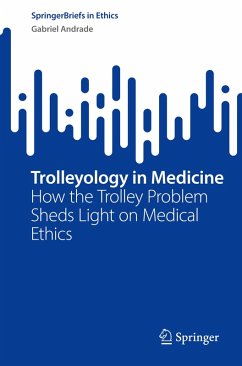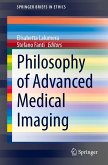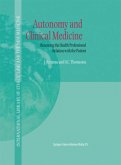This book provides an overview of how the intricacies of the Trolley Problem shed light on various aspects of medical ethics. It shows how trolley dilemmas have become useful to ethicists to the extent that they activate intuitions and provide guidance about what the relevant moral principle ought to be in judging specific actions.
Issues are covered at length such as euthanasia, where it is important to determine a relevant difference between killing and letting die; and abortion, where it is necessary to establish if harms can be used as a means to an end. While specialists in medical ethics have argued about these topics at length, few have established connections with the complexities of trolley cases. The Trolley Problem has now become a staple of pop culture and yet, outside philosophy, few people understand its implications. Consequently, this book is of interest to those with a general interest in philosophy, students, researchers as well as those in the healthcare industry where many of the difficult moral decisions encountered are better informed by framing them around the intricacies of the Trolley Problem.
Issues are covered at length such as euthanasia, where it is important to determine a relevant difference between killing and letting die; and abortion, where it is necessary to establish if harms can be used as a means to an end. While specialists in medical ethics have argued about these topics at length, few have established connections with the complexities of trolley cases. The Trolley Problem has now become a staple of pop culture and yet, outside philosophy, few people understand its implications. Consequently, this book is of interest to those with a general interest in philosophy, students, researchers as well as those in the healthcare industry where many of the difficult moral decisions encountered are better informed by framing them around the intricacies of the Trolley Problem.







